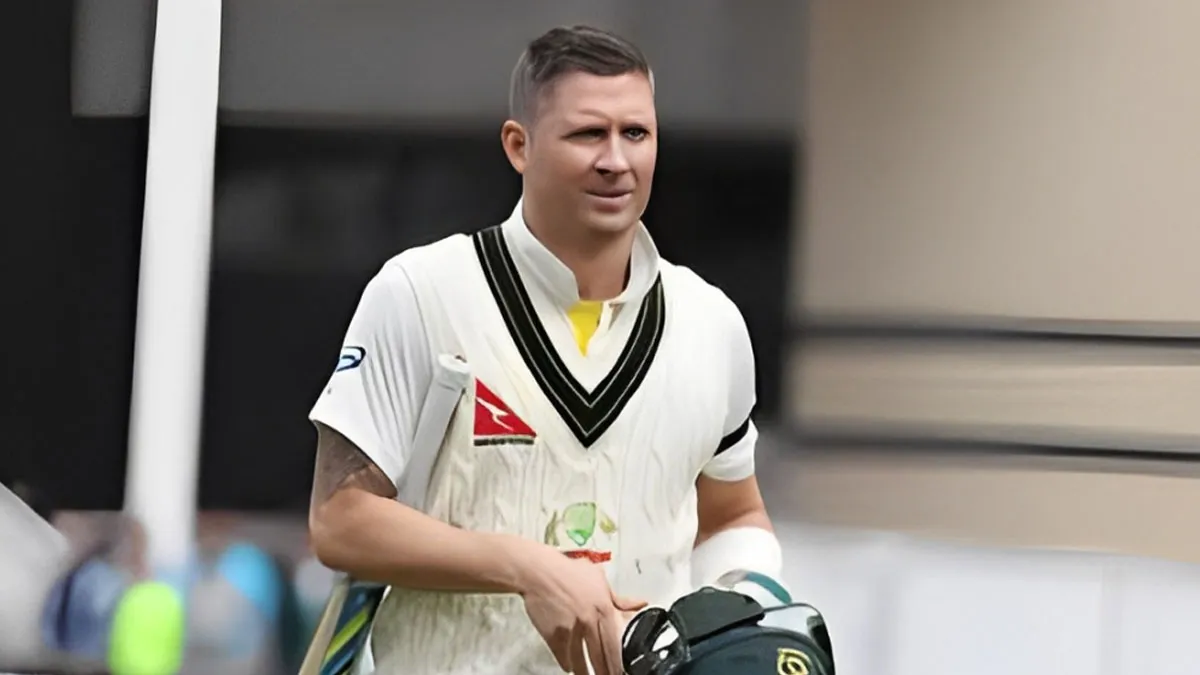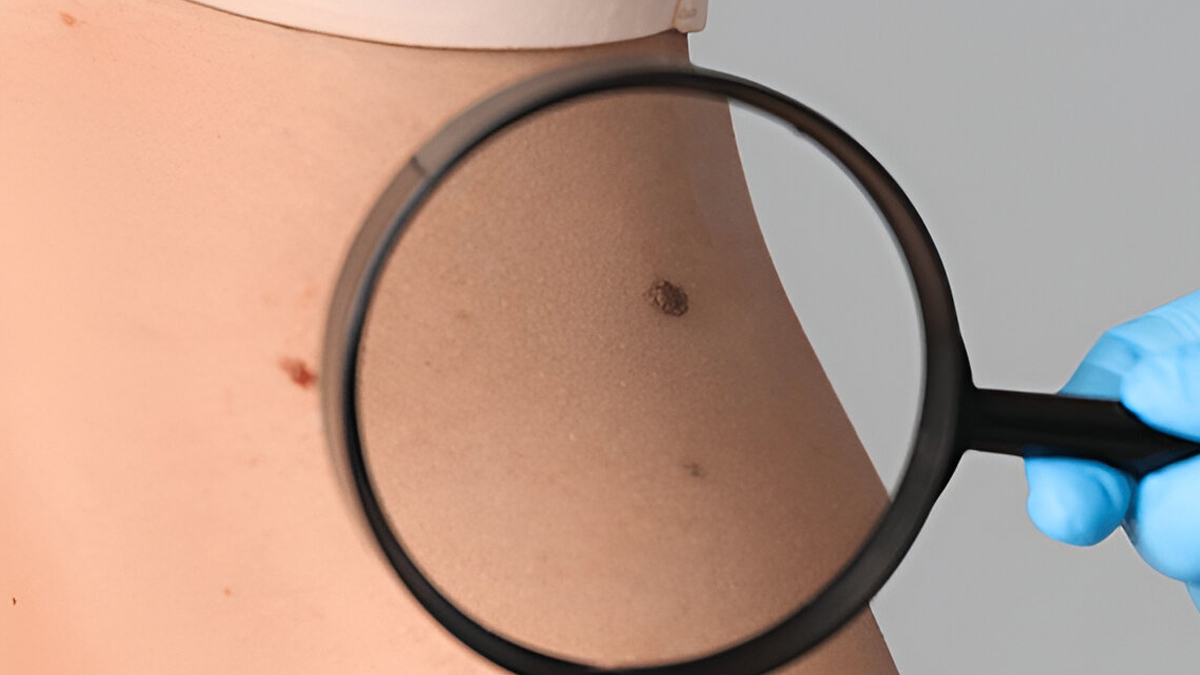
Former Australian cricket captain Michael Clarke recently underwent another skin cancer surgery—this time to remove a lesion from his nose, and took the opportunity to share a powerful reminder: “Skin cancer is real!” He posted on Instagram that while prevention is ideal, consistent regular check-ups and early detection have been crucial in his case. He expressed gratitude toward his doctor, Dr Bish Soliman, for detecting the issue early.
Table of Content:-
A Long-Term Battle Against Skin Cancer
Clarke’s journey with skin cancer is far from new. First diagnosed in 2006, he has since had around a dozen skin cancers removed, including on his chest, forehead, and face, over the years. Despite recurring health scares, Clarke remains resilient and vocal. In 2023, he partnered with the Australian Skin Cancer Foundation and came out publicly about how he gets his full-body skin check-ups every two years.
View this post on Instagram
According to a 2023 study, skin cancer ranks as one of the most alarming cancers of the current decade and stands as the fifth most common type of cancer. It is expected to surpass heart disease as the most significant cause of death and biggest threat to rising life expectancy over the next few decades. Being a worldwide threat to the healthcare system, skin cancer is predicted to increase greatly within the next 20 years if it is not detected at an early stage.
Also Read: Unusual Moles: The ABCDE Rule for Spotting Skin Cancer Early
Why This Matters: Australia’s High Skin Cancer Rates

Australia has one of the world's highest rates of skin cancer. The cause includes intense UV radiation, its position near the equator, and a predominantly light-skinned population. Furthermore, statistics indicate that two out of three Australians will develop some form of skin cancer by the age of 70, according to a 2024 study.
Key Message: Early Detection Saves Lives
Michael Clarke’s experience illustrates a vital health principle: early detection can truly save lives. He highlights that prevention is the best medicine, but check-ups and early detection of problems are equally essential. With skin cancers often being able to be cured if they are caught in time, a visit to a dermatologist or specialist when you see abnormal skin changes can be a lifesaver.
Scientific Reports cite research and development work for technologies like dermoscopy, teledermatology, and computer-aided diagnostic systems, ongoing to enhance the accuracy, effectiveness, and accessibility of skin cancer diagnosis. Dermoscopy is a non-invasive skin imaging procedure commonly applied for skin cancer diagnosis. It takes magnified pictures of isolated areas of skin and is more accurate than examinations done with the naked eye.
Also Read: Can Past Injuries Cause Skin Cancer? Expert
How You Can Protect Yourself
To follow Clarke’s lead, here are practical health tips worth adopting:
- Book frequent skin checks: Ideally, once annually or as recommended by your medical practitioner.
- Know the warning signs: Be aware of new moles or spots, asymmetrical shape, border irregularities, or colour variations.
- Practice sun protection every day: Use sunscreen (SPF 30+), cover up with protective clothing, and don't forget the reapplication, especially in sun-kissed environments.
- Get immediate medical help for any suspicious skin changes, even if they are very slight.
Bottomline
Michael Clarke is batting for victory on the cricket pitch, but he's also stepping in to bat for public health. His recent skin cancer surgery serves as a reminder that anybody can be a victim and that regular check-ups can make all the difference. Let his experience be your call to action—because awareness, early detection, and prevention are your best shield.
Also watch this video
Read Next
Amidst Engagement Celebration, Exploring Taylor Swift’s Battle With Body Image and Eating Disorders
How we keep this article up to date:
We work with experts and keep a close eye on the latest in health and wellness. Whenever there is a new research or helpful information, we update our articles with accurate and useful advice.
Current Version